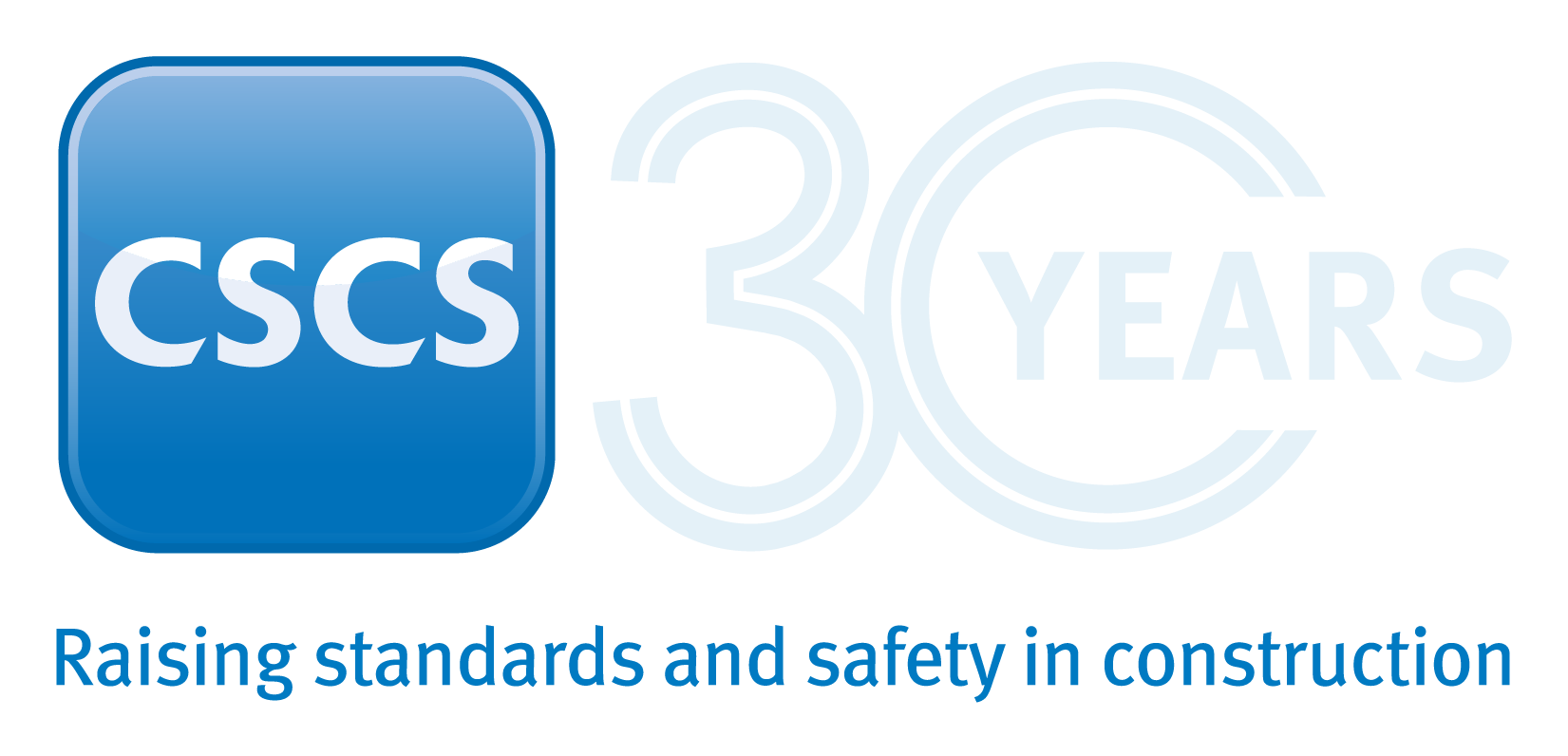In the construction industry, qualifications play a pivotal role in shaping the workforce’s skills and competency levels.
Two key types of qualifications often discussed are occupation-related non-competence qualifications and occupational competence qualifications. From February 1st, 2025, individuals who have attained an approved Level 2 (or above) occupation related non-competence qualification within the last five years will be eligible for a two-year Trainee card.
While both qualification types are valuable, they serve distinct purposes and meet different industry standards.
What is an Occupation-Related Non-Competence Qualification?
Occupation-related non-competence qualifications focus on theoretical knowledge and practical skills related to specific construction trades and cover areas such as bricklaying and site carpentry.
However, they are delivered in off-the-job simulated environments and so lack the requirement for hands-on site experience and the industry-recognised competency thresholds required for occupational roles.
For instance, qualifications like the NOCN Level 3 Diploma in Bricklaying or the City & Guilds Level 2 Diploma in Site Carpentry fall under this category.
These programs equip learners with foundational knowledge and skills but do not qualify them for a CSCS Skilled Worker card, as they do not meet the N/SVQ Level 2 occupational competence standard.
What is an Occupational Competence Qualification?
Occupational competence qualifications, such as N/SVQs, are designed to validate theoretical knowledge, practical skills and the learner’s ability to apply these satisfactorily in a real on-site working environment.
These qualifications confirm that a candidate meets industry benchmarks for a specific occupation and can demonstrate a key element of competence in the workplace, making them eligible for CSCS Skilled Worker cards.
Key Differences
The primary distinction lies in practical site experience and industry recognition. Occupation-related non-competence qualifications prepare candidates for entry-level knowledge and training, while occupational competence qualifications certify their ability to work independently and safely in their trade.
The two qualification types serve different stages in a construction career, ensuring a structured pathway from training to industry-recognised expertise.


 My account
My account 





